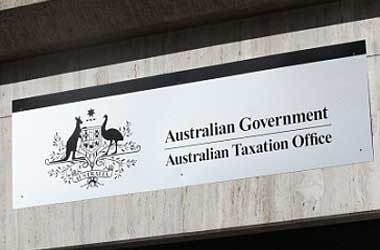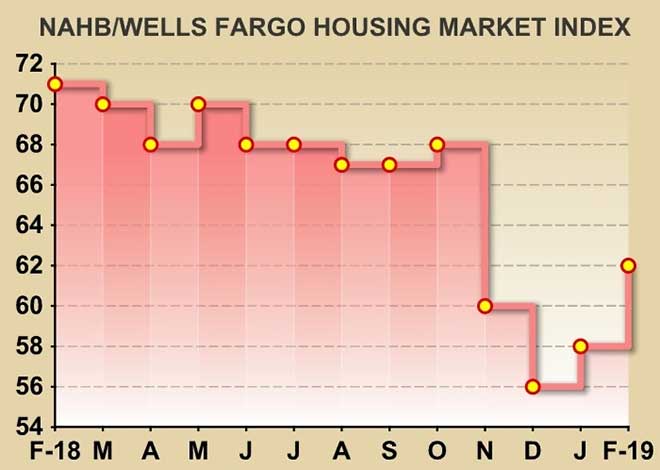
Cryptocurrency has been a bit of a grey area when it comes to imposing taxes as cryptocurrencies cross-border transactions happen constantly and it is difficult for the authorities to keep track.
This has resulted in a lot of cryptocurrency traders not paying any taxes at all. Tax authorities across the world are now looking to come up with new regulations to tax crypto transactions.
The latest regulatory authority to crackdown on cryptocurrencies is the Australian Taxation Office (ATO). The ATO has issued a warning that cryptocurrency traders should formally announce their earnings and pay appropriate taxes.
Properties And Not Currency
The ATO was pretty clear in saying that any earnings made from cryptocurrencies in Australia need to be clearly declared in tax forms. According to the agency, since cryptocurrencies are considered property and not currency in Australia, they should be reported under the capital gains tax. However, there is a silver lining to this ruling. As a property, anyone who holds a digital asset for more than a year before selling or trading them will get a 50 percent discount on the capital gains tax.
As an explanation of how this works is as follows. An individual who bought $10,000 worth of bitcoin and later sold it for $14,500 will need to report the $4,500 profit from the sale. However, if the sale was done after a year of holding the digital assets, then the sellers will not need to pay the full amount of tax on their profit.
Traders should take into account their losses in their reporting. They may end up not needing to pay much tax at all especially if they suffered losses in their trades since most cryptocurrencies have witnessed a bloodbath in 2018.
Hobbyists Not Taxed
Additionally, there is an exemption when it comes to tax reporting. If a person has digital assets less than A$10,000, then they don’t need to pay taxes on them. This is because they are considered assets reserved for personal use and enjoyment.
While there is no specific label on the capital gains schedule or income tax return to identify how many people have invested in cryptocurrency we are still looking at lodgement activity this year to determine any significant impact of cryptocurrencies. However, we have observed through our ATO community channel and advice areas an increase in questions relating to tax obligations of cryptocurrency activity, which we see as a positive in people wanting to do the right thing in meeting their obligations.
ATO spokesperson
To ensure that no one evades these taxes, the ATO has required a mandatory verification of identity at all cryptocurrency exchanges. Additionally, any transaction worth more than A$10,000 needs to be reported to the ATO




